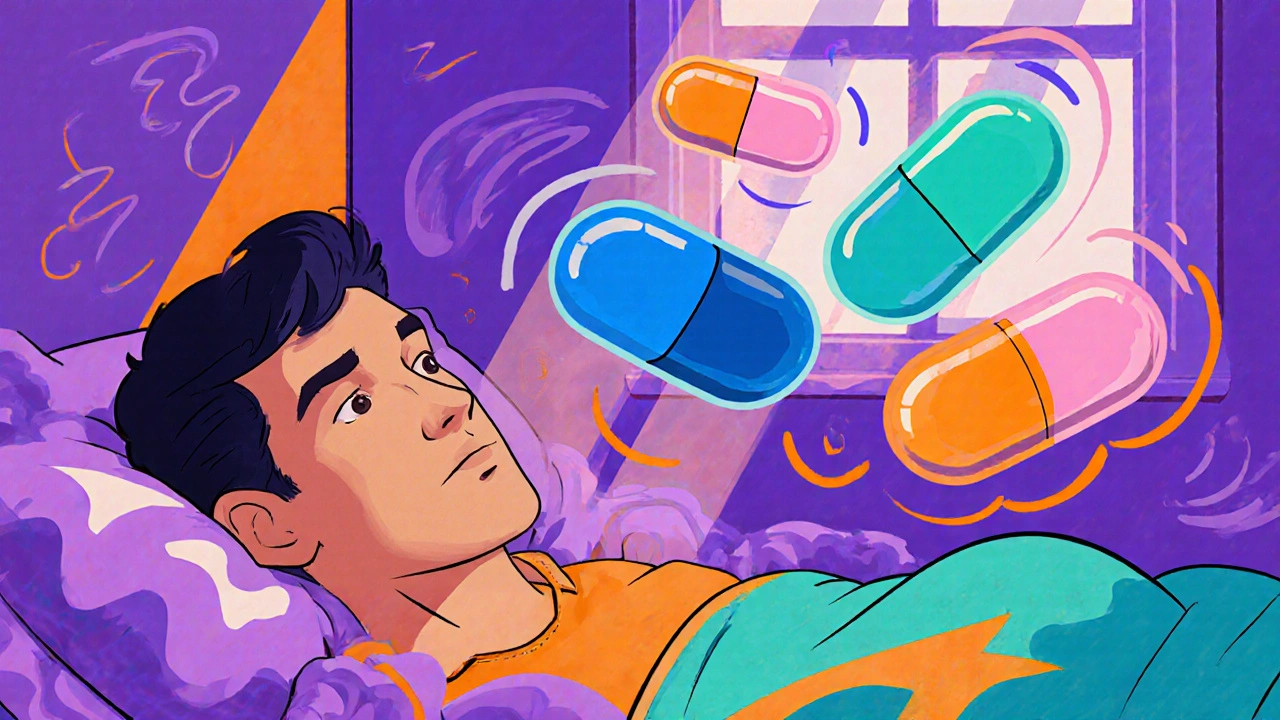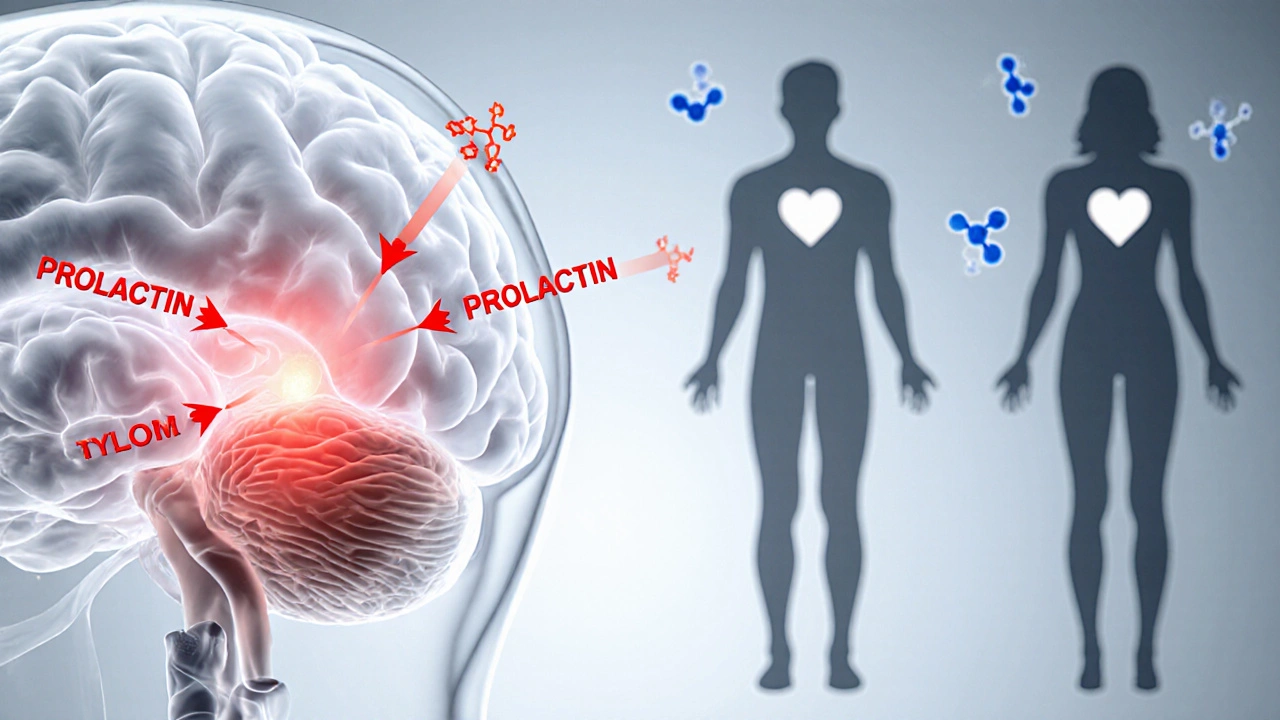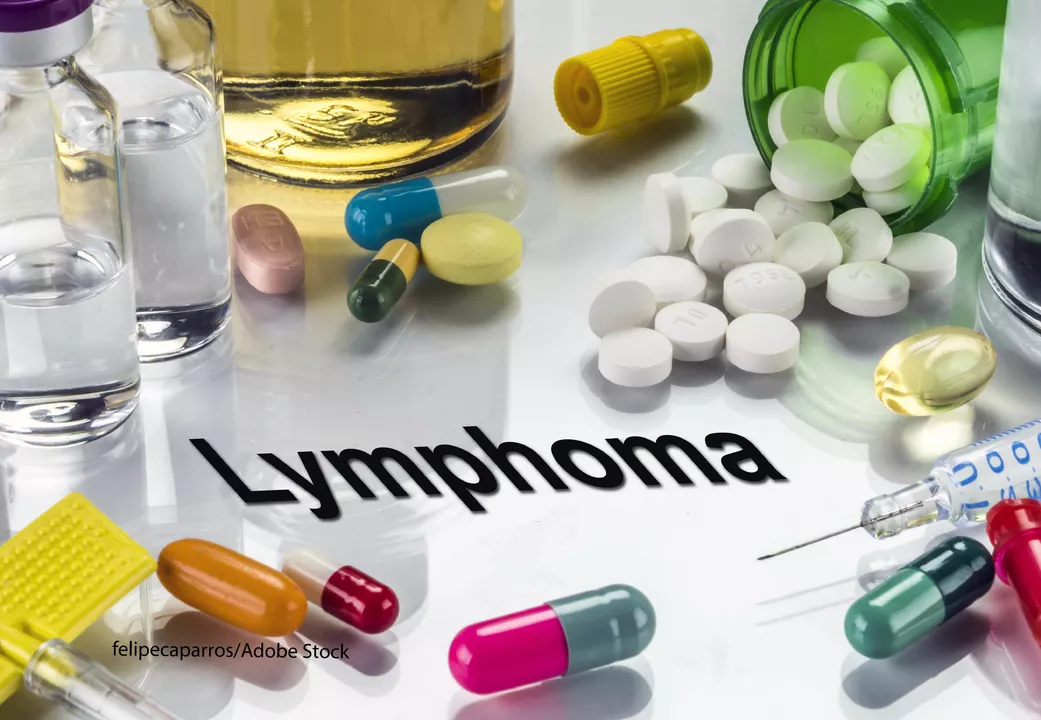Sexual Health: Practical Tips for Safe and Healthy Relationships
When it comes to feeling good and staying safe, knowing the basics of sexual health makes a big difference. It’s not just about avoiding disease – it’s about confidence, communication, and taking care of yourself and your partners. Below you’ll find easy steps you can start using today.
Why Open Talk Matters
Talking openly with a partner about STI testing, birth control, and past infections might feel awkward, but it’s the fastest way to prevent surprises later. If one of you tests positive for something like gonorrhea, letting the other person know right away lets them get treatment fast. That simple act cuts down on reinfection and keeps the spread low.
Think of partner notification as a health favor – you’re helping someone else avoid a painful illness while protecting your own peace of mind. You don’t need a script; just say, “I got tested and found something, can we talk about treatment?” Most people appreciate honesty because it shows you care.
Quick Steps to Protect Yourself
1. Use condoms every time you have sex, even if you trust your partner. A condom is the cheapest insurance against most STIs and unwanted pregnancy.
2. Get tested at least once a year, or more often if you have multiple partners. Many clinics offer free rapid tests for chlamydia, gonorrhea, HIV, and syphilis.
3. Keep up with vaccinations that protect sexual health – hepatitis B and HPV shots are worth the hassle.
4. If you or your partner start a new relationship, discuss each other's testing history early on. A quick chat can prevent months of worry later.
5. Store emergency contraception where it’s easy to reach. Knowing how to use it correctly saves stress if something goes wrong.
These habits don’t require a medical degree – just a few minutes each month. And remember, every time you take control, you make the whole community healthier.
Beyond STIs, sexual health also includes managing hormones, dealing with side effects from medications, and understanding how supplements interact with birth control pills. If you’re on any prescription, ask your pharmacist or doctor whether it could affect contraception effectiveness.
Feeling unsure about a symptom? A sore throat, unusual discharge, or persistent pain can be signs of an infection that needs treatment fast. Don’t wait for the problem to get worse – a quick call to a clinic can clear things up before they become serious.
In short, good sexual health is built on three pillars: protection, communication, and regular check‑ups. Keep these in mind whenever you plan intimacy, and you’ll stay safe while enjoying life’s pleasures.
Medexil vs Other ED Pills: Full Comparison of Sildenafil Alternatives
A detailed comparison of Medexil (sildenafil citrate) against Viagra, Cialis, Levitra, and Stendra, covering cost, onset, duration, side‑effects and safety tips.
How Hyperprolactinaemia Impacts Libido and Sexual Function
Explore how high prolactin levels affect libido and sexual function, learn to diagnose the issue, and discover effective treatments and lifestyle tips for recovery.
Tadora vs Other ED Pills: Tadalafil Comparison & Alternatives
A detailed comparison of Tadora (tadalafil) with other ED pills, covering effectiveness, onset, duration, side effects, cost, and best-use scenarios.
The Importance of Partner Notification in Gonorrhea Treatment and Prevention
As a blogger, I can't stress enough the importance of partner notification in gonorrhea treatment and prevention. Informing your sexual partners about your diagnosis not only allows them to seek timely treatment but also helps to stop the spread of this easily transmitted infection. It's essential to have open and honest conversations with our partners, ensuring that we're all taking responsibility for our sexual health. By doing so, we can reduce the risk of complications, reinfection, and the overall prevalence of gonorrhea. Remember, communication is key in maintaining good health for you and your partners.




